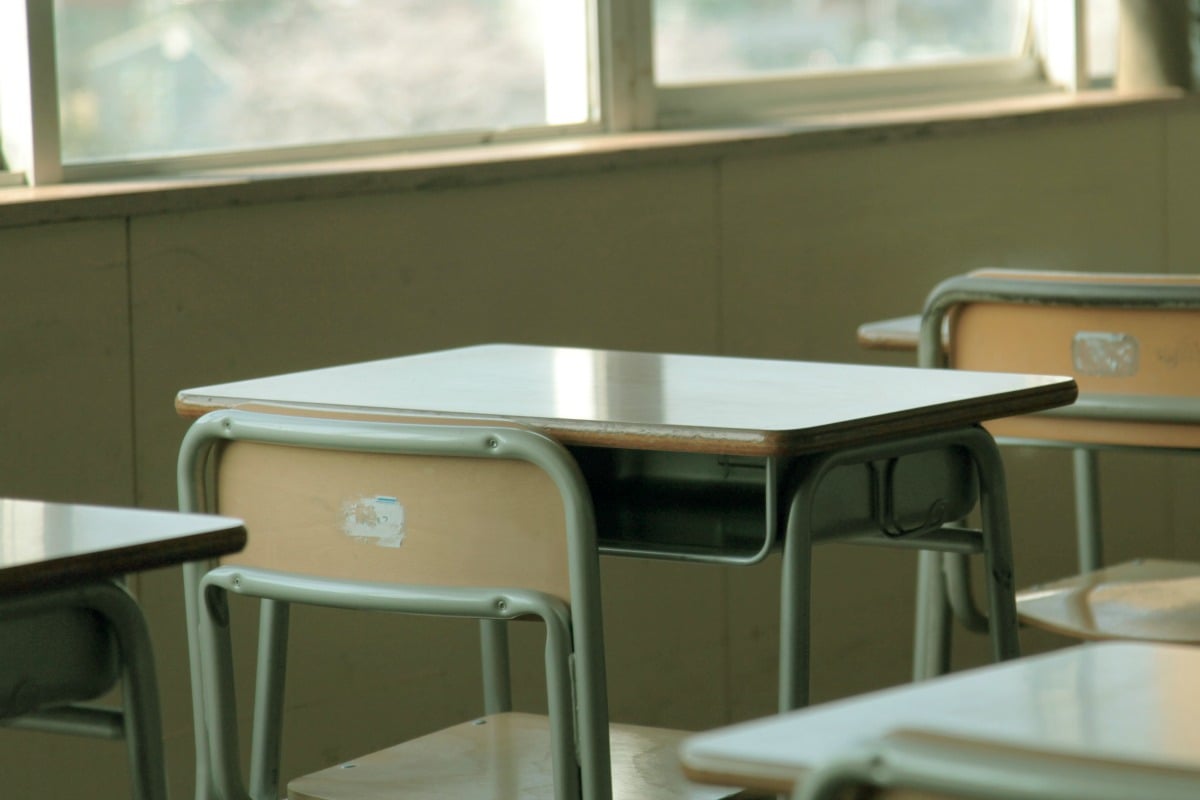
Sarah was 14 years old when she discovered that blood had seeped through her underpants, and onto her school dress.
When she stood up, she realised she had bled onto the chair she was sitting on.
Her first period had arrived suddenly.
The boys in her class laughed at her, compounding the mortification Sarah was already feeling.
At 11am on a Tuesday, she left school and went home.
Sarah sent a text message to her single mother, who worked full time, and asked her to please bring home some pads.
A few minutes later, she received a phone call. She could tell her mum was upset.
Sarah’s mum couldn’t pick up sanitary items on the way home, because she couldn’t afford them. She wouldn’t be paid until Thursday afternoon. Sarah would have to wait.
So, Sarah didn’t go to school on Wednesday. Or Thursday. She couldn’t.
On Mamamia’s news podcast, The Quicky, host Claire Murphy interviews Rochelle Courtenay, the founder and Managing Director of Share The Dignity.
Mamamia’s daily news podcast The Quicky will get you up to speed on what you need to know today. Post continues after audio.


Top Comments
This is the kind of thing you hear about happening in countries with 3rd world poverty - not Australia.
I actually do remember a couple of times it happening to me as a teenager so I used to pinch spare tissues whenever I could and try to always have a bunch of them in my pockets or bag.
Supplying free products in Schools, Universities, Gyms - even in pharmacies would help tremendously .
27%!!! That is horrifying. Thank you for sharing the link.